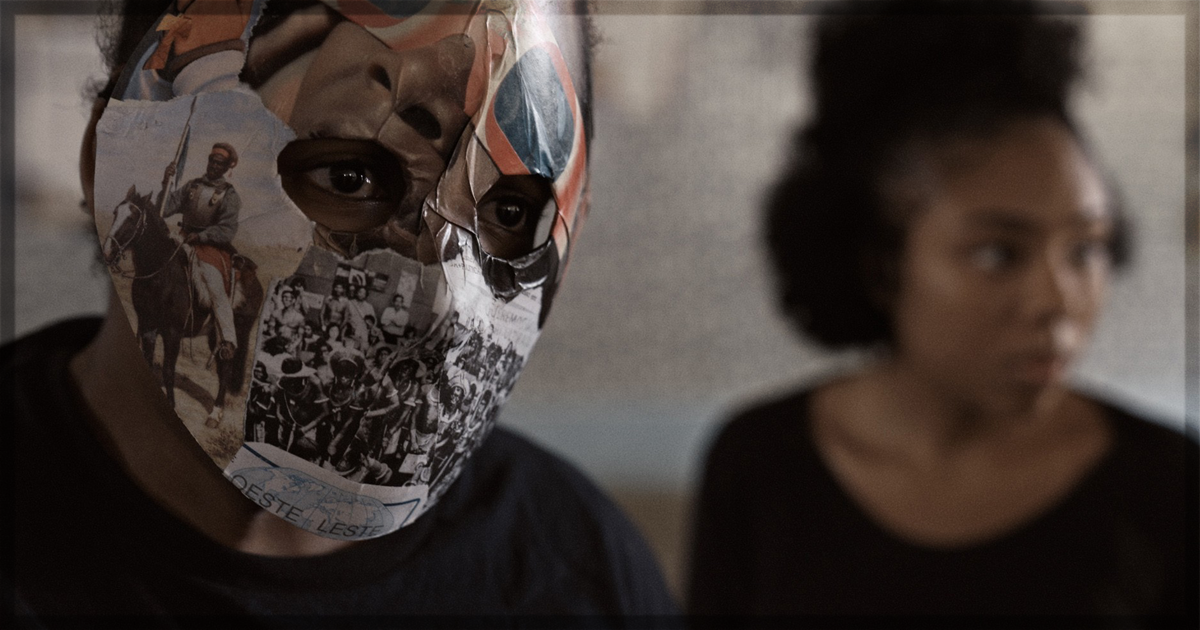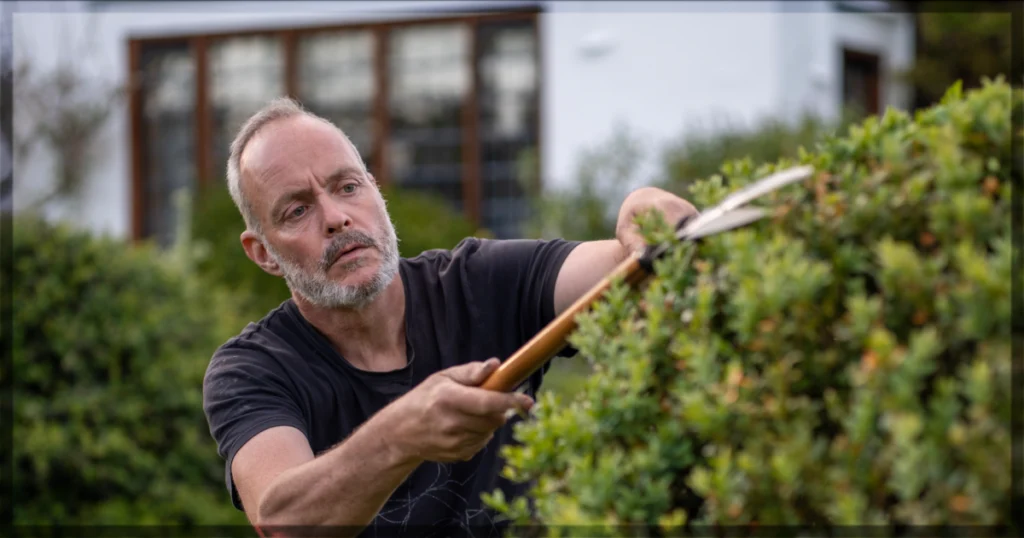Lúcia Murat is a noteworthy filmmaker in Brazilian History. She engaged in an armed fight during the Brazilian dictatorship – She was jailed and tortured. Murat became a journalist and then a film director. Forty years later, she is still directing films and splitting her filmography between non-fiction and fiction. In February 2025, her latest film world premiered at the Berlinale, one of the three principal film festivals in the world. Hora do Recreio (Playtime) is a non-fiction film that uses documentary storytelling devices to explore public schools in Rio de Janeiro. Education in Brazil is a crucial topic; the country lacks enough funding to invest in public access. However, Murat decides to provoke conversations with students about the daily struggle: homophobia, racism, and domestic abuse, among other topics. Lúcia leans over to the newer generation to engage in different views to discuss the vital themes in their lives.
Hora do Recreio has four different parts. It focuses on the school experience, and each has a varied proposition. The first one deals with a high school and the domestic violence debate. Right after the introduction, which features an exposition with paintings of Black people and a Música da Mãe (Mother’s Song) by Djonga, a popular Brazilian, the rapper narrates his uprising in society. The combination of the intro symbolizes Murat’s focus on portraying Black people and the school environment. The primary interaction with the students in a class about domestic violence is the best section of the four. The conversation flows with an engagement and rawness that fascinates during those twenty minutes. The interviewees provide rough memories of how they experienced violence or watched their mothers suffer from it. The genuine sentimentality present there is lacking throughout another segment. Once the narrative wall breaks, Murat reveals that she simulated a classroom because she could not get authorization from the Education Secretary to film a high school. The environment is artificial, but it is crucial in providing emotional strength to the segment.
The next part of the documentary is dedicated more to the schools in a Brazilian favela and community that suffers from military operations to combat organized crime. However, when the military climbs up the mountains, schools cancel their classes because there is a high chance of shootings. In this sense, Murat focuses on people who work to inform the students’ parents about the police operations. She talks to Cláudia Sacramento from the Complexo da Penha, who has an Instagram profile to broadcast it to the community. The director decides to narrate the adjacent elements to public education – the operations are a reality for those in Penha.
There is a shift between Murat and Sacramento’s conversation to a group of students acting to a song, Polícia Covarde, by FBC and Vhoor. It narrates the police violence at a Funk party, connecting directly to Murat’s discussions in the segment. Besides the quality of the song and its context, the piece lacks engagement in the different parts and feels disjointed. The director tries to articulate both movements, but it does not work cohesively – the editing shifts from one to another, and there is no unity.
The third and fourth parts of the film are distinguishable from the other two. An elementary school is the focus of the middle segment, and Murat goes for a more standard approach. It is a conversation about their lives and how racism affects each of them. It impresses the substance and how those children already confront the racists. It resembles the first part of the documentary. Yet, it does not experiment with the form in the same way. Murat observes the conversations and leads a field trip to museums in the city to teach about historical moments.
Lastly, the director returns to the high school class to perform a theatrical version of Clara dos Anjos by the legendary Brazilian author Lima Barreto. The teacher instructs them to read the book, but they do it by the passages. This section of the film rhymes with the second part by the experiments with form and discussions of gender and society. Clara dos Anjos is a book about an older version of Brazil and how it shifted to modern times. However, the proposition loses itself through a part that does not flow and drags in a faux progressive discussion in a hardly acted moment. The genuineness of the first part diminishes with each moment, even though the purpose of the fourth school is to rely on fiction.
In conclusion, Lúcia Murat experiments with the documentary form to deliver her vision of public education in Rio de Janeiro with Hora do recreio. It lands as an irregular effort between the genuine emotion of the students and a try-hard attempt to push the film language.


